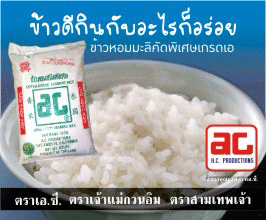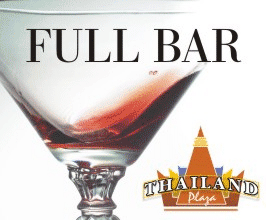ตอนที่ 52: Modals
Modals เป็นกริยาช่วยที่ต่างจากกริยาช่วยอื่นๆ เพราะทุกคำมีความหมายเสริมให่กริยาหลัก เช่น
Can, Could ทั้งสองคำแสดงความสามารถ ความเป็นไปได้ และ การอนุญาต รูปปฏิเสธ คือ Can’t, Couldn’t Can แสดงกาลปัจจุบัน และอนาคต ส่วน Could ใช้แสดงอดีตกาล ดังตัวอย่าง
He can swim. เขาว่ายน้ำได้
The doctor can see him now. หมอจะดูเขาได้ตอนนี้แล้ว
He can’t swim. เขาว่ายน้ำไม่เป็น
Be able to ใช้แทน Can, Could ได้ เช่น
He’s able to swim
แบบฝึกหัดที่ ๑ ให้เปลี่ยน Be able to เป็น Can, Could
1. He isn’t able to speak English. _________________________________
2. She’s able to translate Chinese. _________________________________
3. They aren’t able to see very well. _________________________________
4. We weren’t able to travel. _________________________________
5. I’m able to drive a car. _________________________________
เฉลย
1. He can’t speak English.
2. She can translate Chinese
3. They can’t see very well.
4. We couldn’t travel.
5. I can drive a car.
Should, Ought to ทั้งสองคำหมายถึง “ควรจะ” รูปปฏิเสธ คือ Shouldn’t, Ought not to เช่น
He should speak English in class. He shouldn’t speak Thai in class.
She ought to work hard. She ought not to work hard.
แบบฝึกหัดที่ ๒ ให้แนะนำ ตามข้อมูลที่ให้
1. If he studies, he’ll pass. _______________________________
2. If we walk, it’ll be too late. _______________________________
3. If she doesn’t try, she can’t succeed. _______________________________
4. If they listen, they’ll understand. _______________________________
5. If you don’t ask, you won’t find out. _______________________________
เฉลย
1. He should study.
2. We shouldn’t walk.
3. She should try.
4. They should listen.
5. You should ask.
หมั่นฝึกฝน จากยากก็จะง่ายขึ้นครับ


































